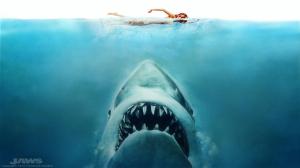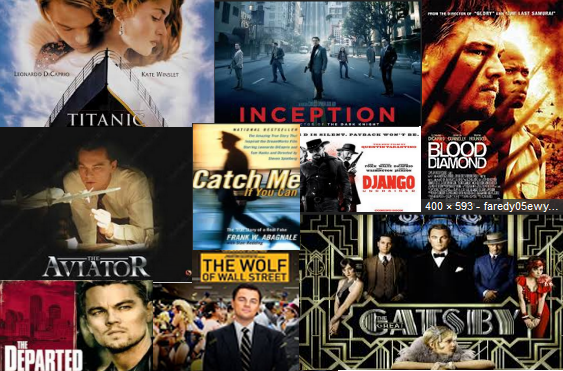SILENCE (2016): REVIEWED BY PAUL LAIGHT
Rather than review every single thing I have seen in one monthly instalment I have decided to theme my reviews concentrating on quality rather than quantity in 2017. So, here I go with a light essay on the nature of the existence of God, the relevance of religion in today’s world and at the same time give my humble opinions on Martin Scorcese’s passion project Silence (2016).

In my mind I do not believe in God. I do not believe in a higher-power that created Earth and oversees our everyday lives. I believe Jesus, Buddha and Mohammed existed in some form or another in the past and their philosophies and teachings laid the groundwork for Christianity, Islam and Buddhism; plus many of the other religions that are followed today. Personally, I believe in all that I see and hear and experience in life and while I respect other people’s faith, commitment to an all-powerful being is not for me. Each to their own I reckon.

A belief in Heaven and God certainly explains many things such as why are we here? And what happens when we die? Because let’s face it the threat of a never-ending abyss of no consciousness is a terrifying thought after all. I mean, I lived and studied in Stoke-on-Trent for three years so have seen the void and it is frightening. So, I get that people need some comfort and answers to difficult questions. It’s just a shame that religion, organized or otherwise, has been used historically for not only good but also something that has caused: torture, war, murder, inquisitions, control, heartache and division etc. But, hey, that’s more of a critique of humanity rather than faith.
Thus, while I respect individual’s choice of faith or politics or ideology, religion and prayers are not for me. Having said that, I’m not a fundamental atheist looking to attack those believers and when reputed filmmakers such as Martin Scorcese embark on personal journeys into their own faith it certainly makes one have a look and reconsider your own perspectives. Indeed, Silence features a lead character which clearly acts as Scorcese’s personal conduit as Rodrigues journeys into the heart of darkness and faces a horrific test of faith.

Like The Last Temptation of Christ (1988) and Kundun (1997), Martin Scorcese is no stranger to broaching heavy and powerful subjects relating to religion. Of course, it’s easy to say I prefer his stylised, violent and darkly humorous gangster films as they are eminently watchable with kinetic camerawork, great soundtracks and brutal men taking each other out in all manner of bloody ways. Having said that these films still ring true to Scorcese as he grew up in a tough Italian neighbourhood where more often than not the choice was to become a gangster or a priest. What a choice!
Silence is set as far away from New York as you could get: in 17th century feudal Japan. It concerns two priests Rodrigues and Garupe (brilliant portrayed by Andrew Garfield and Adam Driver) who venture into the heart of darkness to attempt to find their mentor, Father Ferreira (Liam Neeson). It is a long film which requires much stamina in both heart and mind and at times certainly tested my faith in the director. However, after it had ended it left me with so much to think about I knew it was worth the journey. It’s a story that you absorb through your psyche and physicality. It does not strike any easy notes as it discordantly pulls at your cerebral sinews.

The first act quickly establishes the drama but I felt that the second thirty minutes was arguably too slow as I was very keen for the quest to find Ferreira gain some pace. Yet, when the film focusses on Andrew Garfield’s character and the testing of his faith Scorcese really got to the heart of the narrative. Moreover, there was much in the film which reflected today. The priests are captured, humiliated and tortured in a Japanese equivalent of Guantanamo Bay. But the Japanese were not stereotypical or evil for evil’s sake. Their motivations of protecting their culture and own religion were well argued. In fact, it’s an important theme in the film where, in testing Rodrigues’ faith, are they not perhaps right to protect their way of life? Especially given they may have some knowledge of the violence committed by Westerners and Christians in the name of God.

Overall, Silence is a reflective and personal film about faith and culture clashes. Over the running time Scorcese, through the characters, questions his beliefs and how he should best go about praising the Lord. Scorcese’s soul is in many characters notably Rodrigues but also Neeson’s Ferreira. Most importantly he is also present in a fascinating sin-confess-repent-Judas character called Kichijiro (Yōsuke Kubozuka). While moving at a meditative pace Silence possesses some wonderful cinematography, sterling performances and a brooding score. Ultimately, faith is a personal choice and whether you believe in God or not an individual must choose their own path of faith even if it is silence.









